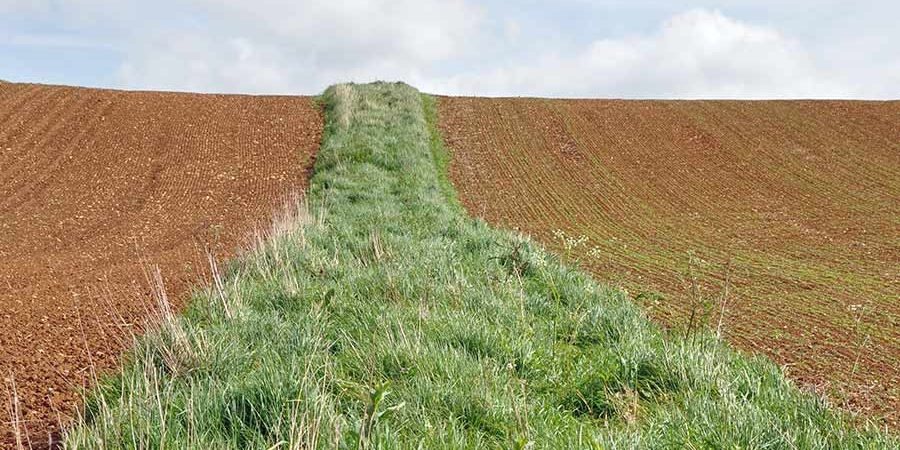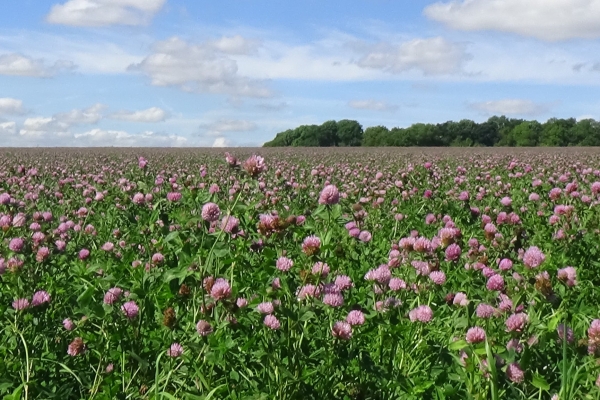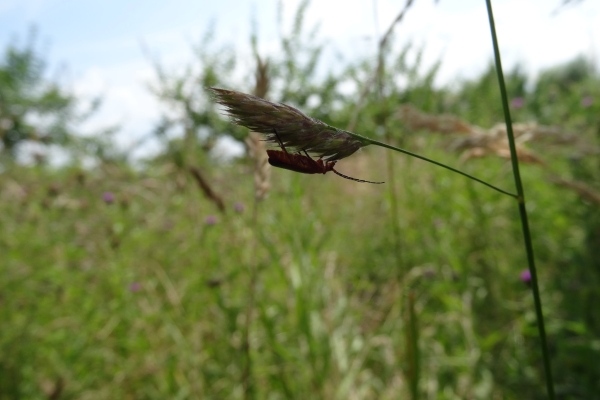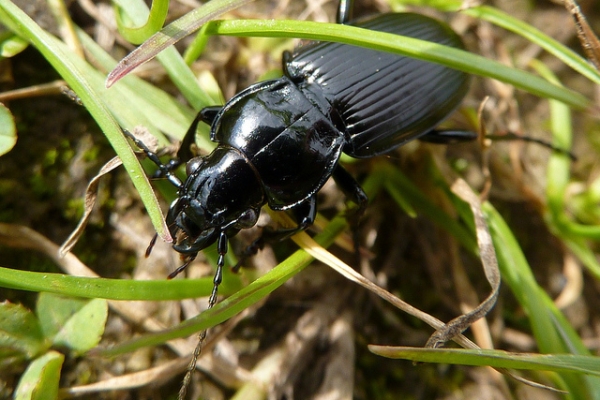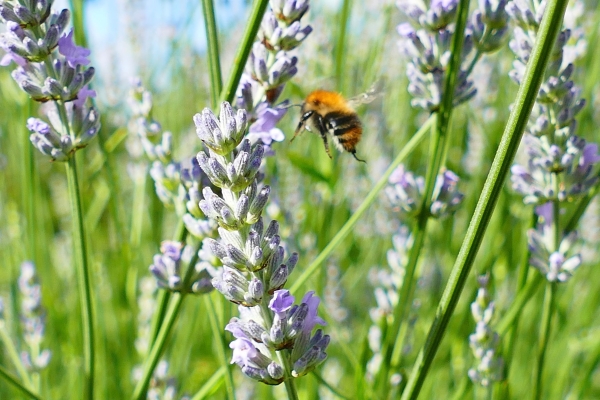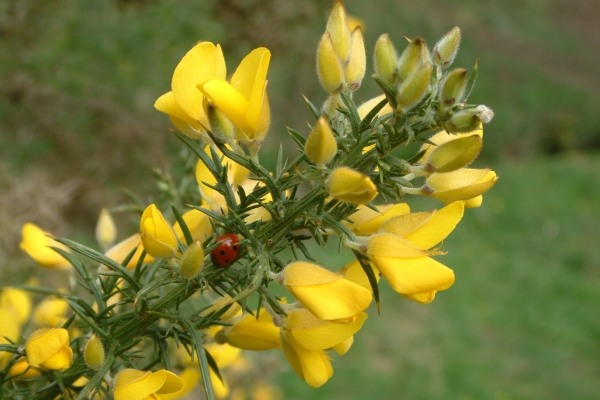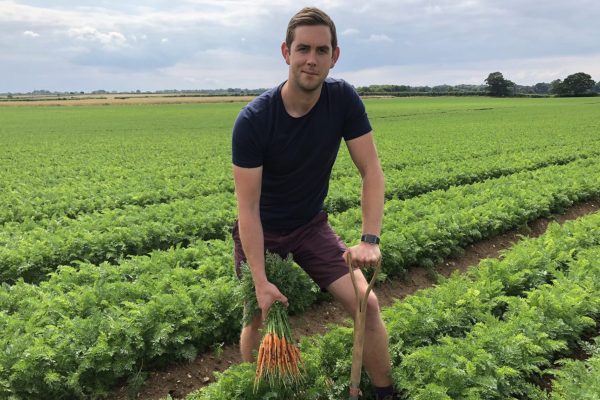Encouraging natural predators (outdoors)
Organic Management Techniques to Improve Sustainability of Non-Organic Farming
Resource explained
This abstract was composed as part of a Defra-funded project looking at organic management techniques that could be applied on non-organic farms and help improve sustainability. It describes information on encouraging natural predators to help control crop pests, and lists the main agronomic, economic, social and/or ecological value you can expect to gain from applying the method. It includes practical recommendations that will help you implement the method on your farm and other useful information such as the time of year you could apply the method, suitability according to your farming system, and equipment required. It also includes a case study of a farmer who is applying the practice. Potential benefits and potential barriers you would need to consider, financial implications, and how it relates to legislation are also listed.
Findings & recommendations
- You can enhance biological pest control and reduce insecticide inputs through encouraging additional prey, floral resources, and overwintering sites in field margins – supporting natural enemies of crop pests.
- Controlling pest populations helps reduce the likelihood of economic thresholds being exceeded. Input costs can be reduced through adopting an integrated pest management approach.
- Improved additional ecosystem services through cultivating more diverse habitats and providing nectar and pollen sources for naturally occurring predators and parasitoids and other beneficials leads to increased biodiversity.
- Encouraging natural predators can lead to reduced insecticide usage and therefore reduced associated environmental issues including loss of biodiversity through negative impacts on non-target species. It can also help to limit the development of insecticide resistance, and ensure compliance with the Sustainable Use Directive.
Header image: Beetle bank at the GWCT Allerton Project, Loddington. Photo credit: Peter Thompson / GWCT
